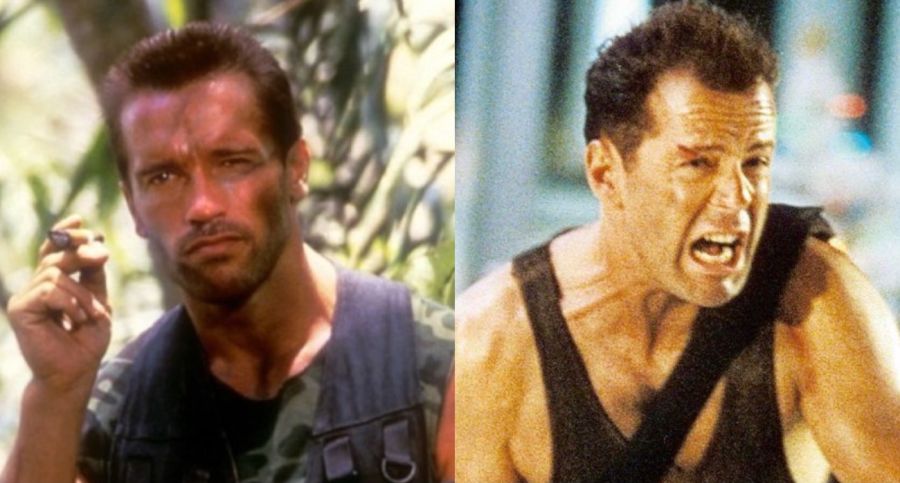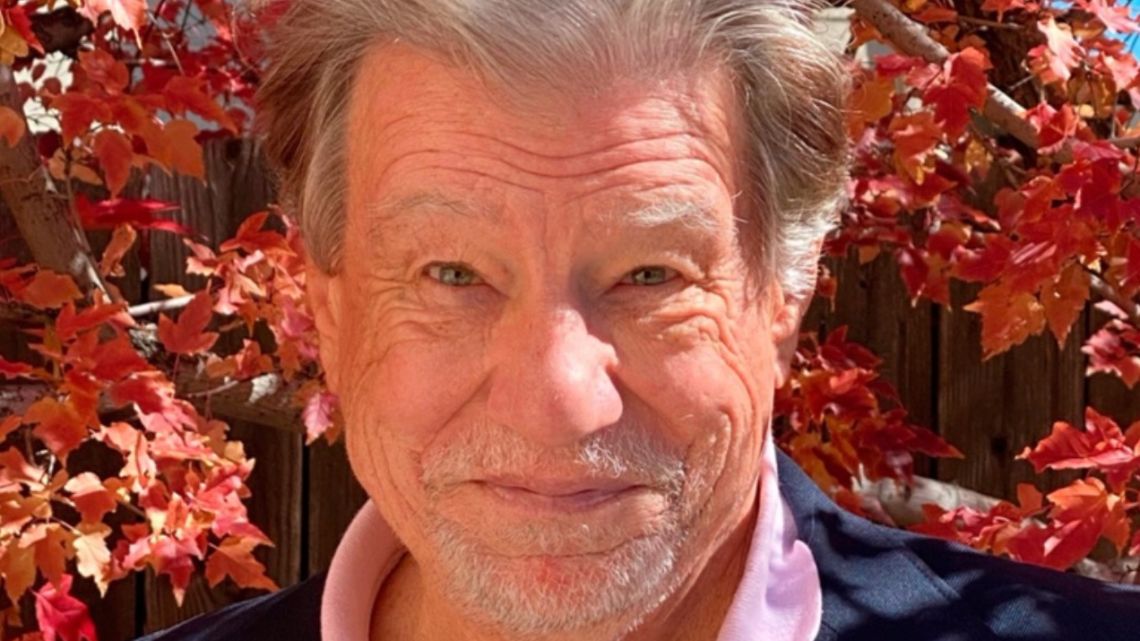By mistake, this director said “no” to Mel Gibson. “The one movie I turned down and really regret is Brave Heart“confessed John McTiernan in his masterful speech at the recent Mar del Plata Film Festival. “And this Brave Heart It came to me through his agent, someone I really didn’t like. And Mel Gibson really wanted me to direct it. I really regret it.”
The mistake for the “no” to Mel Gibson seemed to be cured because, McTiernan related, “years later he (Mel Gibson) asked me to work in Apocalypse (N. de la T: directed by Gibson in 2007); she was working with a collaborator of mine and asked me to see his film of him. And having only seen it once, I wrote every sequence from memory, with every shot movement. (Mel Gibson) was very impressed with this trick that I use from time to time to impress people.”
“I almost got fired from Die Hard,” said John McTiernan.
The “trick” John McTiernan refers to was also explained in the masterful speech he gave at the recent Mar del Plata Film Festival. “A teacher taught me to memorize movies. For instance, A Clockwork Orange (N. de la R.: de Stanley Kubrick) has 620 floors. I’ve seen it many times and ended up learning it shot by shot. I wrote every scene and wondered what the camera was doing in every shot, in every scene. I did the same with another one by (Federico) Fellini, he had 1,670 projects… Everything ended up in big piles of paper. And I got used to this working methodology”. John McTiernan directed Bruce Willis en Die Hard; an Arnold Schwarzenegger in Predator It’s inside last great hero; a Sean Connery en The Hunt for Red Octoberand mistakenly said no to Mel Gibson and lost the direction Brave Heart. In the filmography of him is also The case Thomas Corona yes Die Hard 3: Revengeamong others.
For John McTiernan, François Truffaut and anthropology made him understand what cinema is.
in the recent Mar del Plata Film Festival, John McTiernan delivered a keynote speech – called Talks with Teachers – lasting nearly an hour and a half. “They say it takes ten thousand hours to become proficient in a subject,” explained the director. “I covered that period between two and a half years and my six years: in those years my mother would take me to see classic films because she was bored”. In the speech he clarified the importance that for him, François Truffaut and anthropology in his decision to make cinema. “I read cinema books but no one could explain what a film was. Because, deep down, no one can teach you, and people who try often confuse things. By that I don’t mean what happens in a film, but what a film is,” said John McTiernan.

And one day I went to see the american nightby Truffaut. It seemed like a simple film, but Truffaut was a genius who made few mistakes. I watched it many times for two days in a row and there was a moment where I was able to go beyond the plot; I have come to the essence. And also to a conclusion: a film is a series of images in a specific order with which a sense is achieved”. For John McTiernan, in addition to the epiphany he discovered by watching François Truffaut’s The American Night several times, there was also anthropology. “Cinema and anthropology are the same thing: it consists of looking at people and understanding what is happening”.
NO/MCP
You may also like


